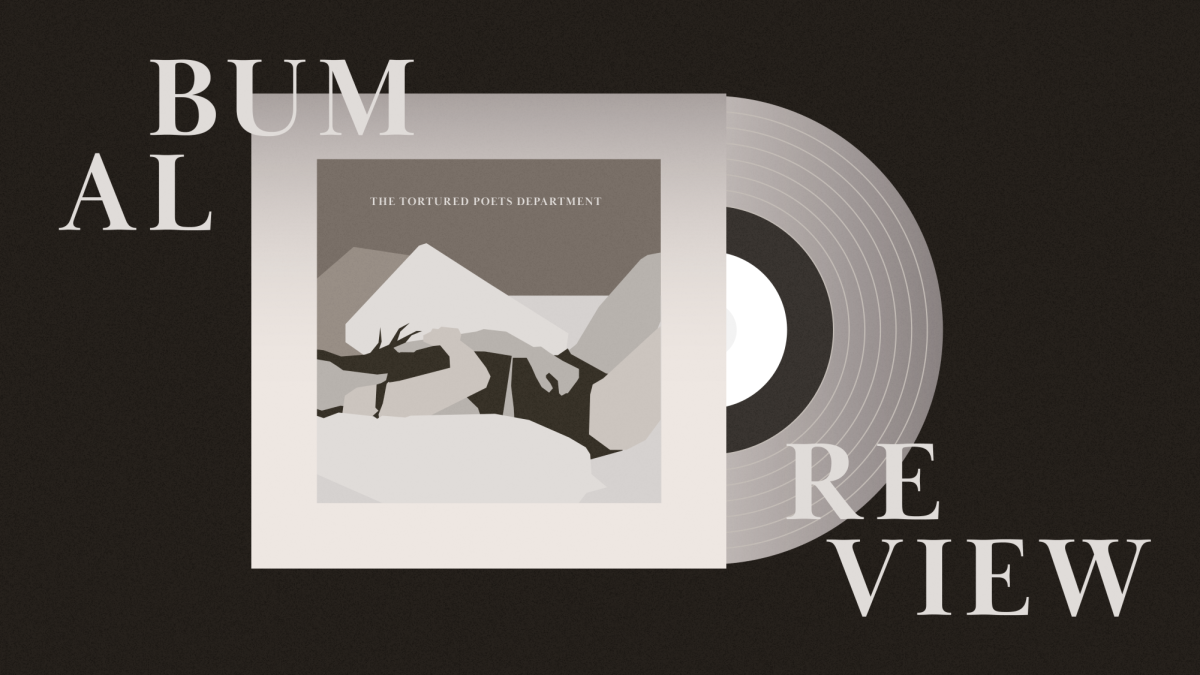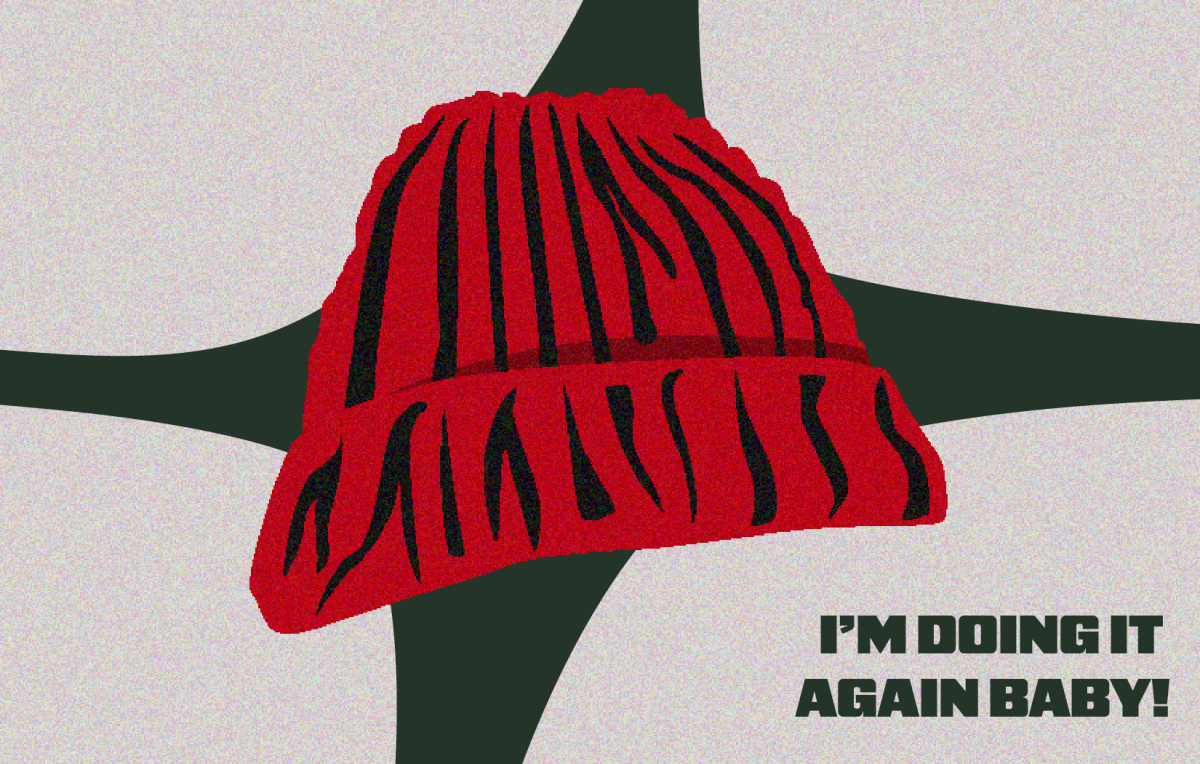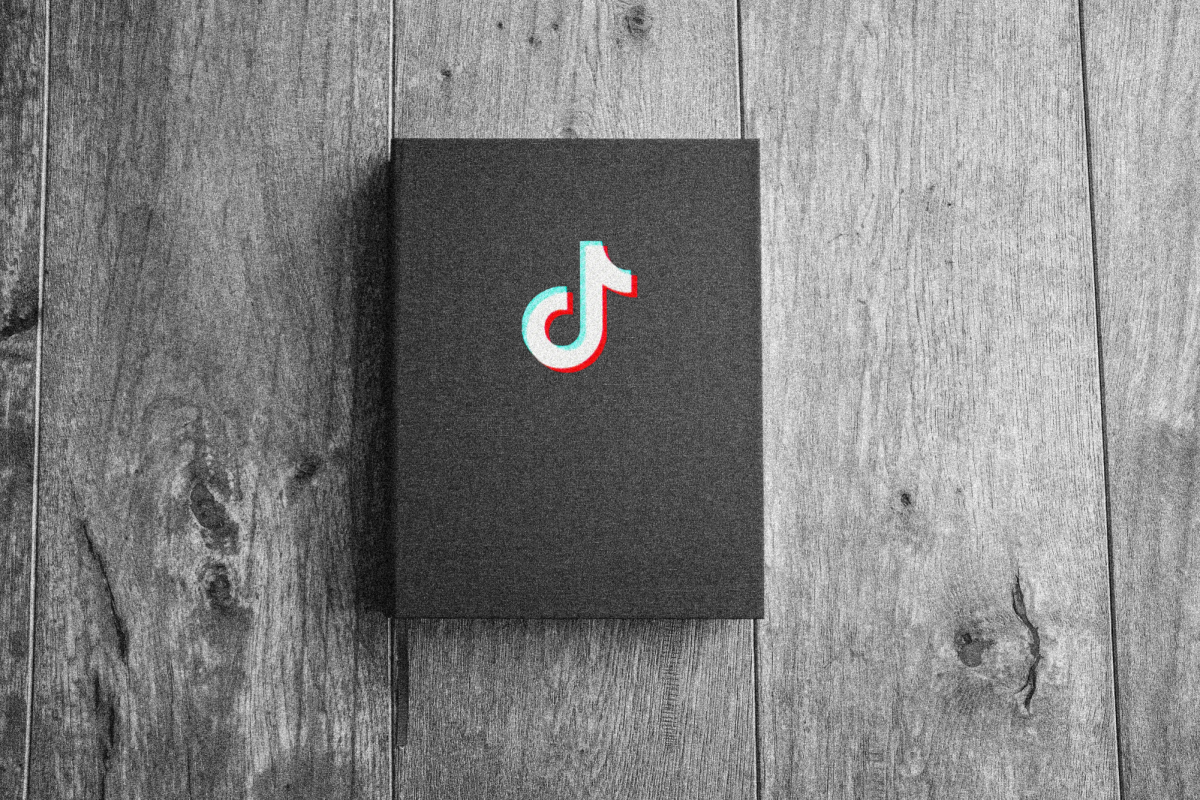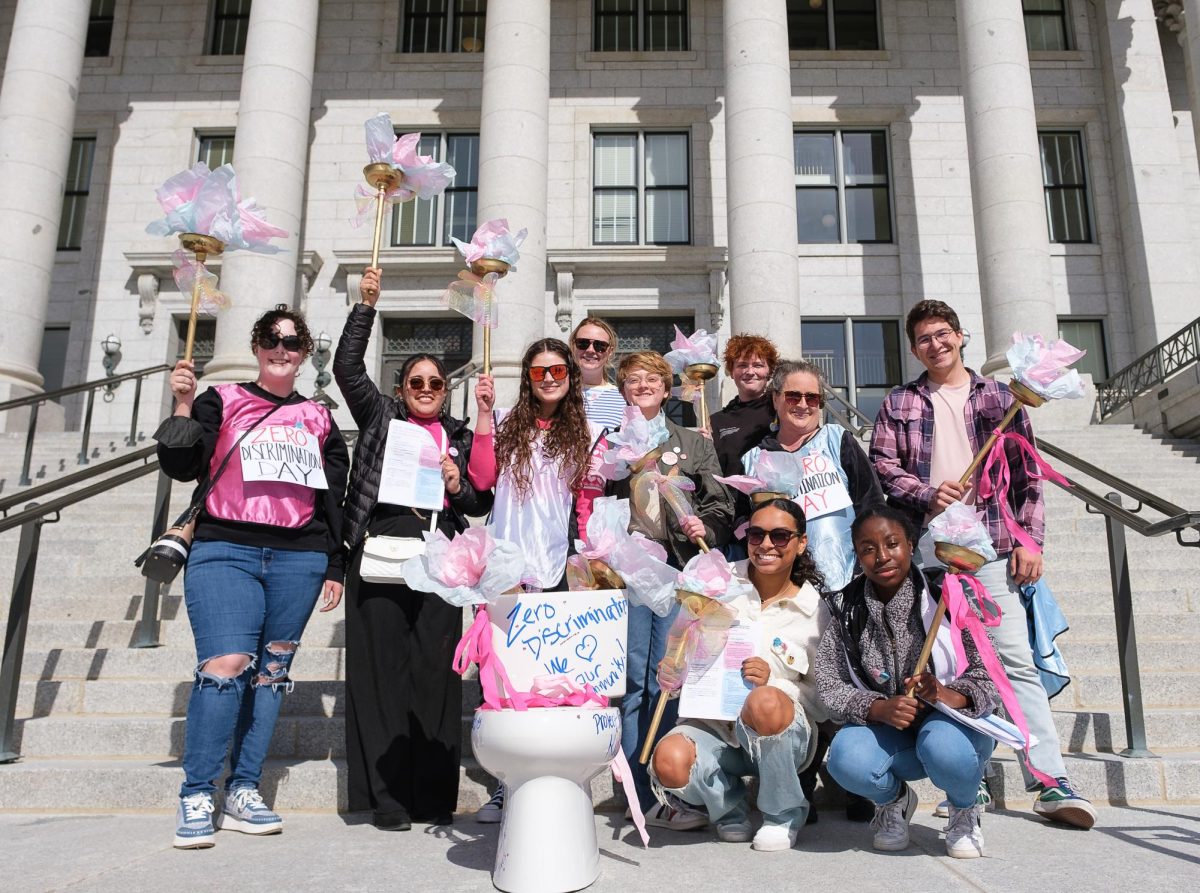
Jonathan Schofield is the litigator representing Wasatch Equality and Rick Alden, Drew Hicken, Richard Varga and Bjorn Leines, the plaintiffs in the lawsuit. Alden, Hicken, Varga and Leines were prohibited access to Alta’s slopes on Jan. 12 despite having bought lift tickets. The problem? They had brought snowboards with them.
“There is no legitimate reason to ban snowboarding,” Schofield said.
The lawsuit states that “skiers and snowboarders engage in the same activity … The only difference between the two is the orientation of a person’s feet on the skis or board.”
The plaintiffs are alleging a violation of the Equal Protection Clause in the 14th Amendment of the Constitution, and would like to see the fall of a policy they think is based on “antiquated stigmas and stereotypes” concerning snowboarders. The lawsuit emphasizes that Alta is located on public land, which does not afford it the same privileges as a resort such as Deer Valley.
Alta operates under a permit issued by the U.S. Forest Service. In order for the permit to be renewed every year, the Forest Service must approve Alta’s Winter Site Operation Plan, which includes the statement that Alta “reserves the right to exclude any type of skiing device that they deem creates an unnecessary risk to other skiers and/or the user of the device, or any device they deem causes undue damages to the quality of the snow, or is not consistent with the business management decisions.”
The lawsuit argues that snowboarding is not detrimental to the skiing experience and points to Alta’s acceptance of the “monoski,” which it describes as “a single board nearly identical to a snowboard in shape and size but with feet facing forward.”
Schofield agreed Alta may ban certain equipment “as long as they have a rational basis,” such as a safety concern.
Resorts were divided between skiers and snowboarders until the 1990s when snowboarding surged in popularity. Since then, skiing and snowboarding have been allowed together on all resorts on public land in the U.S. with the exception of Alta, 85 percent of which is on public land.
The lawsuit quoted Alta general manager Onno Wieringa, saying that despite their popularity and prime location, banning snowboarding was “really just a business decision” and Alta “can make enough money to be sustainable by just offering skiing, not getting into tubing, not getting into ziplines and bungees and snowboarding.”
The plaintiffs reject the notion that Alta is merely trying to provide the best environment to ski. They claim in the lawsuit that “the real purpose and motivation behind the policy’s creation was to disadvantage snowboarders based on privately held beliefs unsupported by any legitimate basis.”
Alta resort declined to comment.
Currently, Alta is operating normally, as the Forest Service approved its permit for the year.
[email protected]

















FUtah2011 • Jan 22, 2014 at 9:19 am
What a bunch of spoiled brats. What’s next, a lawsuit from people wanting to use their snowmobiles at Alta?
FUtah2011 • Jan 22, 2014 at 9:19 am
What a bunch of spoiled brats. What’s next, a lawsuit from people wanting to use their snowmobiles at Alta?